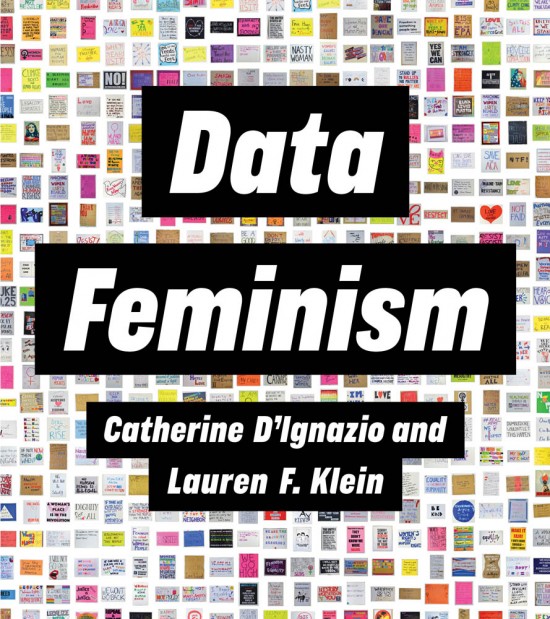James Mark, Artemy Kalinovsky, Steffi Marung (eds.): Alternative Globalizations: Eastern Europe and the Postcolonial World (2020)
Filed under book | Tags: · central europe, china, cold war, decolonization, eastern europe, economy, global south, globalisation, history, internationalism, labour, migration, nationalism, politics, postcolonialism, race, racism, socialism, solidarity, southeastern europe, soviet union

“Globalization has become synonymous with the seemingly unfettered spread of capitalist multinationals, but this focus on the West and western economies ignores the wide variety of globalizing projects that sprang up in the socialist world as a consequence of the end of the European empires. This collection is the first to explore alternative forms of globalization across the socialist world during the Cold War. Gathering the work of established and upcoming scholars of the Soviet Union, Eastern Europe, and China, Alternative Globalizations addresses the new relationships and interconnections which emerged between a decolonizing world in the postwar period and an increasingly internationalist eastern bloc after the death of Stalin. In many cases, the legacies of these former globalizing impulses from the socialist world still exist today. Divided into four sections, the works gathered examine the economic, political, developmental, and cultural aspects of this exchange. In doing so, the authors break new ground in exploring this understudied history of globalization and provide a multifaceted study of an increasing postwar interconnectedness across a socialist world.”
Publisher Indiana University Press, Bloomington, 2020
ISBN 9780253046505, 0253046505
vii+341 pages
Reviews: Jelena Đureinović (Studies of Transition States and Societies, 2020), Markus Sattler (Eurasian Geography and Economics, 2020), Ondřej Bělíček (A2larm, 2020, CZ).
Interviews with co-author (James Mark): Zoltán Ginelli (LeftEast, 2020, Part 2, Part 3).
Project website
Publisher
WorldCat
PDF (7 MB)
Comment (0)Interface, 12(1): Organizing amidst COVID-19: Sharing Stories of Struggle (2020)
Filed under journal | Tags: · activism, art, contagion, ecology, feminism, food, internationalism, labour, lgbtq, migration, pandemic, quarantine, refugees, resistance, social movements, solidarity, virus

“The world is on fire, with both fever and flame. After a few months of lockdown, things are erupting in new ways. The movement for Black Lives is demanding an end to anti-Black racism and conversations about abolishing the police are on late night television. In North America, a new world appears to be dawning, one that didn’t seem possible even a month ago. Meanwhile, in the new centre of global capitalism, the long-standing Hong Kong movement seems to be on the point of succumbing to a new wave of repression.
Around the world, movements are strategizing about how to ensure that no one is left behind. In April we put out a call for short pieces on this theme. We could see that the imminent arrival of the virus had generated many different struggles – initially pressure to force some states to take action in the first place, resistance to cuts and demanding benefits. Then came struggles characterized by mutual aid, efforts to protect essential workers, and the most vulnerable, such as the homeless, prisoners, the elderly and the undocumented.
This issue contains pieces originally written for our rolling coverage of movements in the virus, as well as a few pieces written especially for this special issue. They represent reflective activists and engaged researchers trying to grasp what their movements were doing, and what they should do, in an unprecedented situation.
The contributions reflect on movements in Argentina, Australia, Austria, Belize, Bosnia and Herzegovina, Brazil, Canada, China, Denmark, Egypt, France, Germany, Greece, Haiti, India, Iran, Ireland, Italy, Japan, Kenya, Mexico, Morocco, Pakistan, Russia, Serbia, Singapore, Spain, Switzerland, Syria, Turkey, the UK, the US and globally and are written in English, French, Portuguese and Spanish.” (from Editorial)
Edited by Sutapa Chattopadhyay, Lesley Wood, and Laurence Cox
Publisher Interface, July 2020
ISSN 2009-2431
683 pages
Catherine D’Ignazio, Lauren F. Klein: Data Feminism (2020)
Filed under book | Tags: · big data, data, data visualisation, emotion, feminism, gender, identity, labour, racism, research, science, statistics

“Today, data science is a form of power. It has been used to expose injustice, improve health outcomes, and topple governments. But it has also been used to discriminate, police, and surveil. This potential for good, on the one hand, and harm, on the other, makes it essential to ask: Data science by whom? Data science for whom? Data science with whose interests in mind? The narratives around big data and data science are overwhelmingly white, male, and techno-heroic. In Data Feminism, Catherine D’Ignazio and Lauren Klein present a new way of thinking about data science and data ethics—one that is informed by intersectional feminist thought.
Illustrating data feminism in action, D’Ignazio and Klein show how challenges to the male/female binary can help challenge other hierarchical (and empirically wrong) classification systems. They explain how, for example, an understanding of emotion can expand our ideas about effective data visualization, and how the concept of invisible labor can expose the significant human efforts required by our automated systems. And they show why the data never, ever “speak for themselves.”
Data Feminism offers strategies for data scientists seeking to learn how feminism can help them work toward justice, and for feminists who want to focus their efforts on the growing field of data science. But Data Feminism is about much more than gender. It is about power, about who has it and who doesn’t, and about how those differentials of power can be challenged and changed.”
Publisher MIT Press, 2020
strong Ideas series
Creative Commons CC BY-NC-ND license
ISBN 9780262044004, 0262044005
xii+314 pages
Interviews with authors: Jason Forrest (Nightingale, 2019), Zoë Corbyn (The Guardian, 2020).
Book website
Author
Publisher
WorldCat
HTML (updated on 2021-10-18)
PDF (39 MB)

